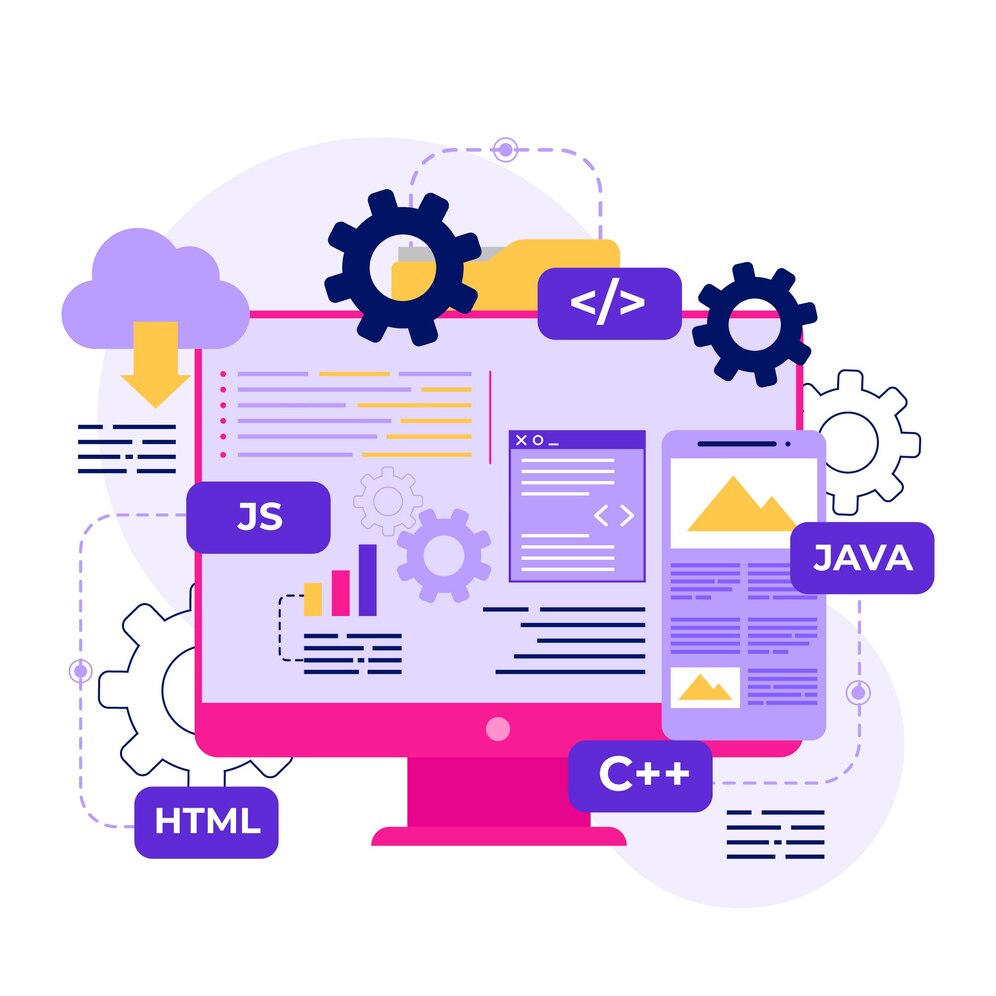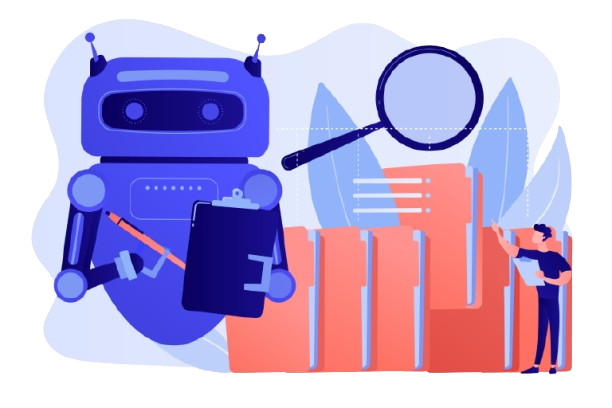The tech industry in 2025 is evolving at an unprecedented pace, driven by advancements in AI, cloud computing, sustainability, and inclusivity. As a software developer, staying ahead of the curve means equipping yourself with the skills that will shape the future. Here are the top areas to focus on:
1. AI and Machine Learning for Developers
AI is no longer confined to research labs; it’s powering real-world applications across industries. Developers should:
-
Learn AI tools like OpenAI APIs and Google AI.
-
Explore AI integration libraries such as LangChain for large language models (LLMs).
-
Understand the basics of machine learning and MLOps.
-
Address ethical considerations like bias reduction and explainability.
2. Cloud-Native Development and DevOps
Cloud computing dominates modern application deployment, making cloud-native and DevOps skills essential for scalability and reliability:
-
Master containerization tools like Docker and Kubernetes.
-
Explore serverless computing solutions (AWS Lambda, Azure Functions).
-
Learn Infrastructure as Code tools like Terraform and Pulumi.
-
Build CI/CD pipelines using platforms like GitHub Actions.
3. Edge Computing
As IoT, 5G, and AR/VR technologies expand, edge computing is becoming critical for low-latency applications. Developers should:
-
Familiarize themselves with edge platforms like AWS Greengrass.
-
Understand distributed systems architecture.
-
Build applications optimized for edge devices.
4. Advanced Frontend Development
With user experience at the forefront, frontend technologies are rapidly advancing:
-
Explore WebAssembly (Wasm) for high-performance web applications.
-
Learn 3D rendering libraries like Three.js and Babylon.js.
-
Focus on web accessibility and inclusive design.
-
Develop Progressive Web Apps (PWAs) with offline capabilities.
5. Cybersecurity
As cyber threats grow, secure development is more critical than ever:
-
Practice secure coding techniques.
-
Learn application security frameworks like OWASP.
-
Understand penetration testing and vulnerability assessment.
-
Study Zero Trust architecture.
6. Sustainability in Software
The environmental impact of technology is a growing concern. Developers can:
-
Apply energy-efficient coding practices.
-
Optimize cloud usage for carbon efficiency.
-
Use tools to measure the software’s carbon footprint.
7. Quantum Computing Fundamentals
Though still emerging, quantum computing holds transformative potential in cryptography, AI, and optimization problems. To get started:
-
Learn quantum programming languages like Qiskit and Cirq.
-
Understand basic quantum mechanics.
Explore quantum algorithms and their applications.
8. Cross-Platform Development
Cross-platform frameworks enable cost-effective, rapid app development. Developers should:
-
Master frameworks like Flutter, React Native, and Ionic.
-
Optimize apps for both mobile and desktop platforms.
Focus on performance optimization across platforms.
9. Blockchain Beyond Cryptocurrency
Blockchain is expanding into industries like supply chain, finance, and healthcare. Developers can:
-
Learn smart contract development using Solidity and Rust.
-
Explore Web3 frameworks like ethers.js.
Identify blockchain use cases outside cryptocurrency, such as tokenization and identity verification.
10. Soft Skills and Team Collaboration
Success in tech requires more than technical expertise. Developers should:
-
Embrace Agile methodologies and effective team management.
-
Hone communication skills for cross-functional collaboration.
-
Leverage remote collaboration tools like Notion and Miro.
Bonus Areas to Watch
-
Synthetic Biology Tools: Software for bioinformatics and biotech applications.
-
Generative AI Applications: Exploring novel use cases for generative AI.
-
AR/VR and Mixed Reality: Developing immersive experiences for the metaverse and beyond.
By staying at the intersection of technical expertise and industry trends, developers can future-proof their skills and seize high-impact opportunities in the years ahead.



